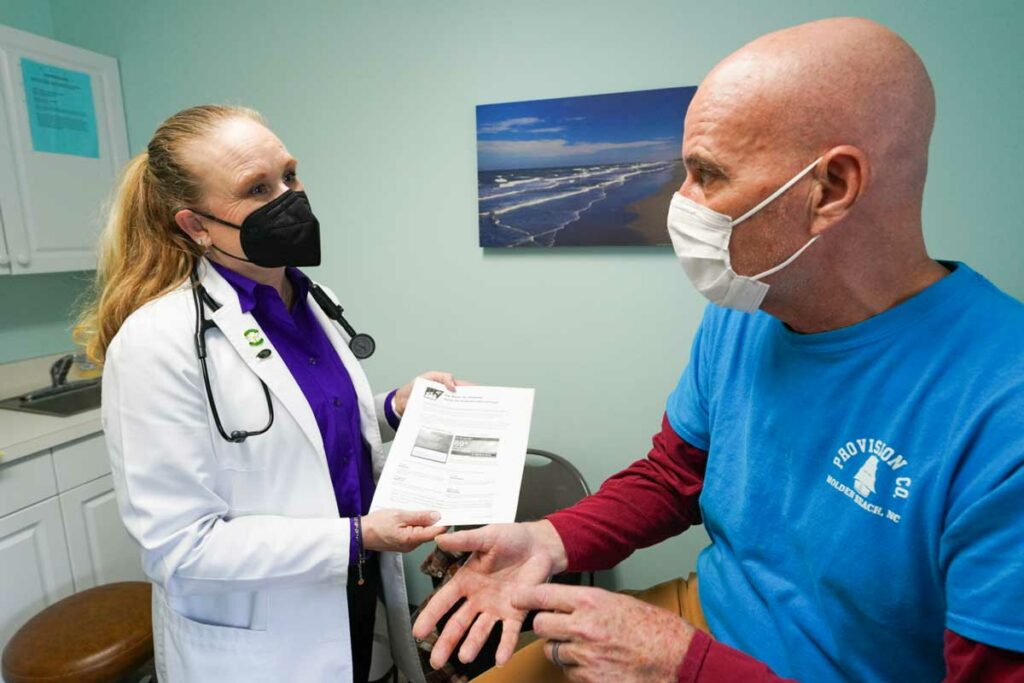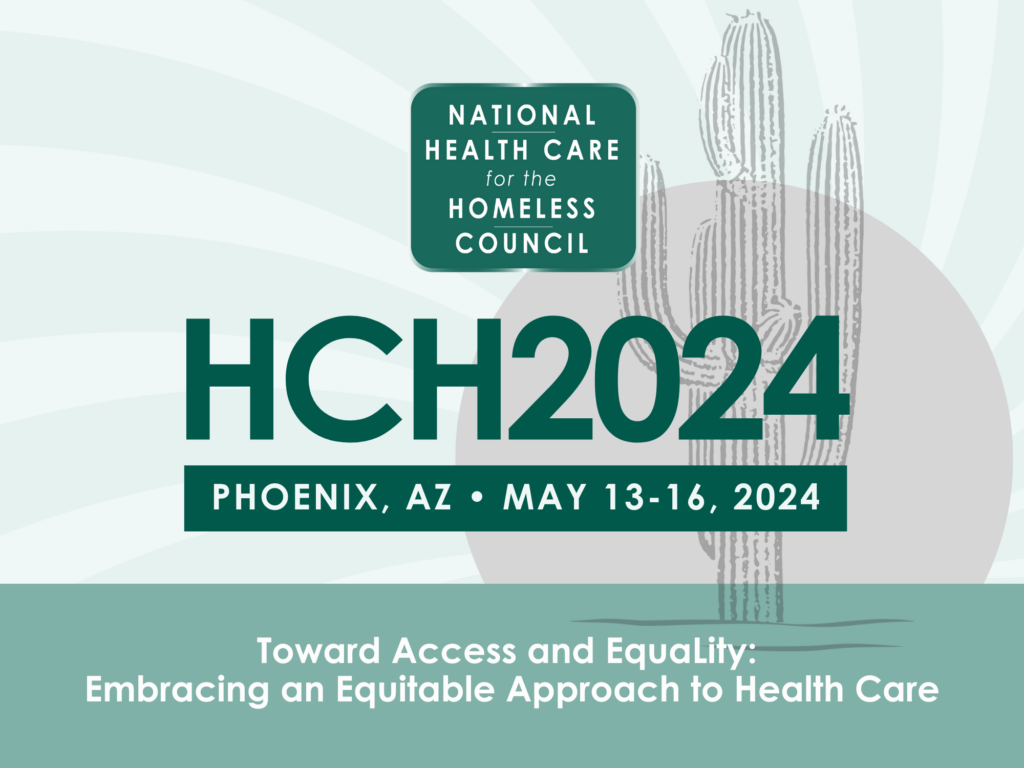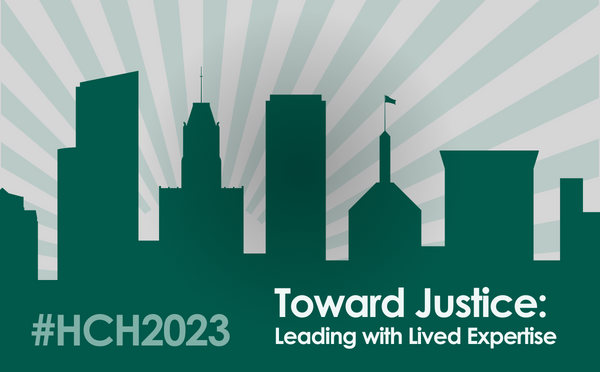Post-COVID Conditions (PCC) Toolkit for Health Care Professionals from Americares
Post-COVID Conditions (PCC) Toolkit for Health Care Professionals from Americares Nearly half of Americans with post-COVID conditions (PCC) turn to their doctors for guidance. At NHCHC and Americares, we understand the critical role you play and the challenges you may face in staying current on this evolving field. We’re here to support you with the […]
Post-COVID Conditions (PCC) Toolkit for Health Care Professionals from Americares Read More >>





